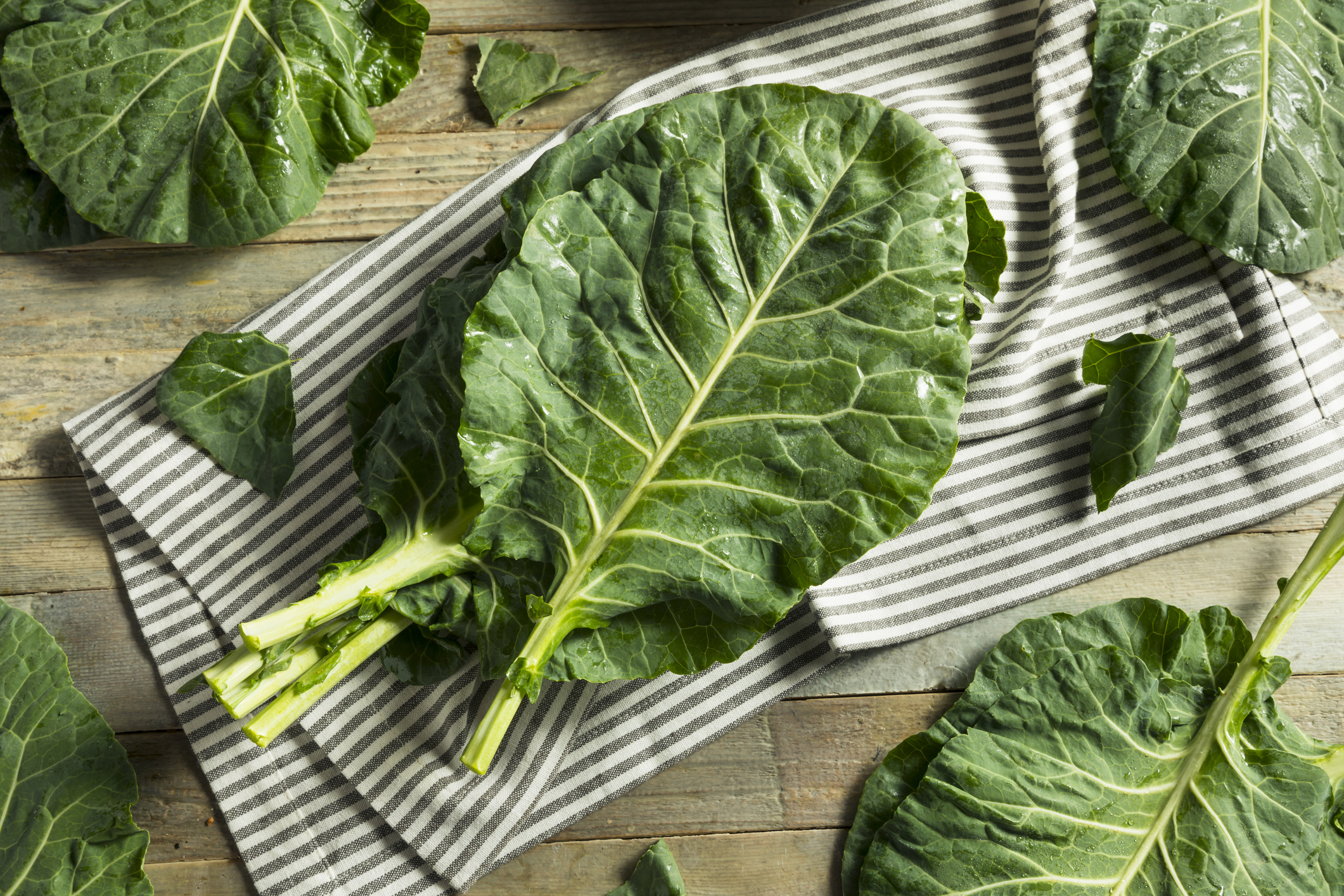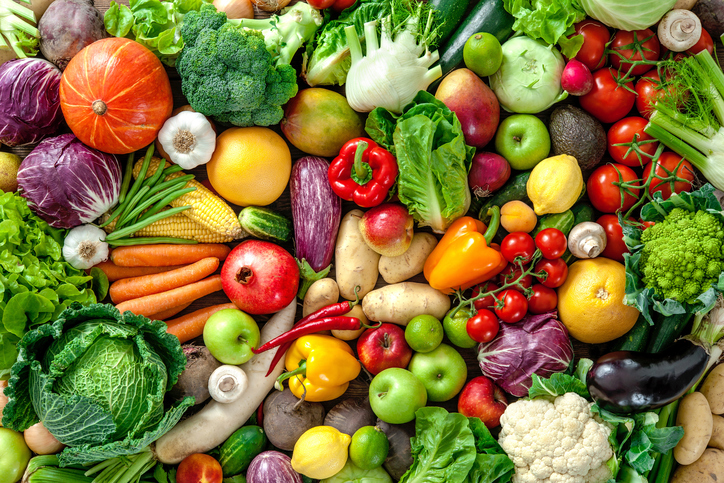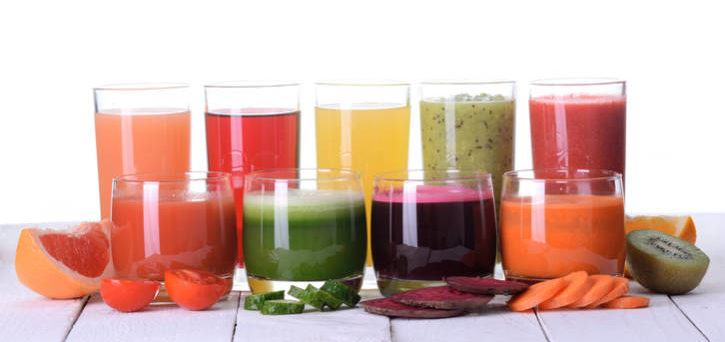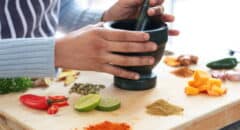
High blood pressure or hypertension affects 1 in 3 Americans yet only half of the people who have the condition have it under control. Additionally, statistics show that Black Americans are more likely to develop high blood pressure and up to 55 percent of Black adults have been diagnosed with it. Unfortunately, being diagnosed isn’t the end of the story because many Black Americans don’t react well to the common medications that are prescribed for the condition. That’s where other natural methods for controlling blood pressure levels can complement traditional ones.
10 Natural Methods For Controlling Your Blood Pressure

1. Cut Down On Alcohol
Alcohol has been shown to increase your blood pressure temporarily. However, the more you drink, the longer the effects are likely to last. Over time, you may do enough damage to have elevated high blood pressure levels. It’s best to limit your alcohol intake to a drink or two per day if you’re going to drink at all.

2. Eat Less Salt
There’s a clear link between a high sodium intake and high blood pressure. Usually, reducing how much salt you use while cooking, cutting out processed foods, and cutting down on fast food is enough to keep your sodium intake at a decent level. However, sodium can be hidden in the foods you least suspect so it’s a good idea to keep an eye on nutrition labels.
RELATED: 10 Places Where Sodium Is Hiding

3. Eat More Potassium-Rich Foods
Potassium has an important role in removing sodium from the body. If you’re not getting enough of it in your diet, you might end up with high blood pressure levels more easily. Fortunately, you can add potassium by eating leafy greens, fruits, dairy, salmon, tuna, nuts, seeds, and beans.

4. Exercise Regularly
Walking for just 30 minutes per day can go a far way to reducing your blood pressure. Additionally, regular exercise helps you to maintain a healthy weight. Your weight is important because being overweight can increase your risk of high blood pressure and other diseases.

5. Eat Dark Chocolate
Dark chocolate contains flavonoids, which have been shown to lower your blood pressure. That doesn’t mean you get to eat a ton of chocolate, though. Just a little as a snack is all you need.

6. Sleep Well
A good night’s sleep repairs a lot of the damage your body endures daily. One of the things that can go wrong when you don’t sleep well is that you have sustained high blood pressure. If you’re having trouble sleeping, look into developing a bedtime routine.

7. Manage Stress
A temporary stressful situation can raise your blood pressure. Though this might not cause much damage, prolonged stress can lead to chronic hypertension. Stress management techniques like meditation and yoga can help you to keep this in check.

8. Eat More Fruits And Vegetables
Adding fruits and vegetables to your diet can have a positive impact on your overall health but some of them can reduce your blood pressure too. Berries and leafy greens are the way to go for this benefit.

9. Quit Smoking
Smoking has been shown to have a negative effect on the heart. Each time you smoke, there's a temporary rise in your blood pressure but the effect can worsen over time. It’s best to quit smoking to protect your overall health.

10. Cut Out Refined Foods
Research shows that added sugar and refined carbohydrates can increase your blood pressure. You can avoid these by cutting down on sodas, juices, fast food, and processed foods. It’s better to stick to whole grains, water, and natural juices.
RELATED: 5 Amazing Foods That Lower High Blood Pressure
What Can Affect Your Blood Pressure
Poor lifestyle choices can lead to elevated blood pressure levels. However, there are also underlying conditions that may cause prolonged high blood pressure. This list includes sleep apnea, diabetes, thyroid problems, kidney disease, and adrenal gland tumors. If you take certain medications regularly, you may experience hypertension as well.
When To See A Doctor
Doctors often encourage people to have regular check-ups because it’s possible for their blood pressure levels to become elevated over time. While this might not cause an issue immediately, high blood pressure can increase your risk of a stroke, a heart attack, or kidney disease. Some of the signs of high blood pressure include a persistent headache, shortness of breath, and unexplained nosebleeds. If you have any of these issues, it’s best to see a doctor as soon as possible as it could mean that things have gotten severe.
Statistics show that an alarmingly high number of Americans are at risk for developing high blood pressure. The numbers are even more dire for Black people. The best thing you can do for your health is to get checked regularly, adopt a healthy lifestyle, and see your doctor if you have any symptoms of hypertension.









